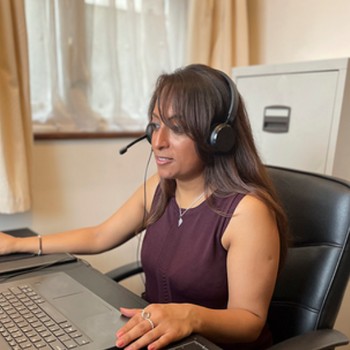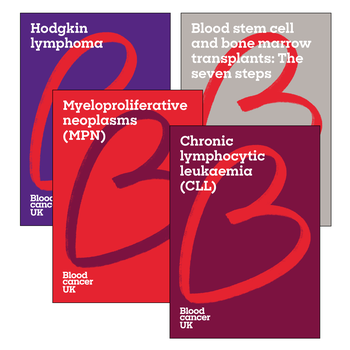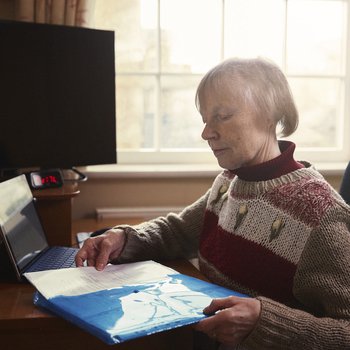Childhood acute lymphoblastic leukaemia (ALL)
Each year in the UK, over 500 children and young adults under 30 are diagnosed with acute lymphoblastic leukaemia (ALL).
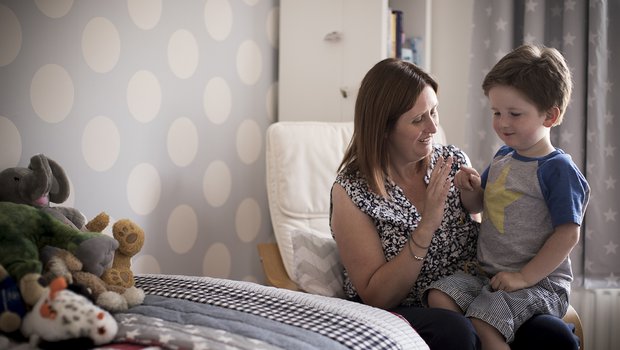
Childhood acute lymphoblastic leukaemia (ALL) at a glance
Childhood ALL is the most common type of childhood cancer. It’s a very treatable blood cancer in children and young adults.
Read more about childhood ALL
We don’t know exactly what causes childhood ALL, but some factors make it more likely, including sex and age. Children and young adults with Down's syndrome are more likely to develop ALL.
Find more about childhood ALL causes
Children and young adults with ALL may experience tiredness, breathlessness, bruise or bleed easily and get more infections.
Find more about childhood ALL symptoms
Your child will have a set of tests to confirm a diagnosis of ALL. These will include blood tests, bone marrow tests and scans.
Learn more about childhood ALL tests
Childhood ALL is a very treatable cancer. Your child will follow a treatment plan involving chemotherapy drugs, steroids and other medicines. The exact treatment will depend on their individual condition, overall health and your wishes.
Young adults up to age 29 have similar treatment options to children aged over one year.
More information on childhood ALL treatment
Side effects are the unwanted effects of blood cancer treatment. Children have different responses to treatment and may not get every side effect. If your child has side effects, tell your hospital team as they should be able to help.
Learn more about the side effects of treatment for childhood leukaemia.
The prognosis (what will happen in the future) for most children and young adults with ALL is good. Treatment has very a high success rate.
Find out about the prognosis for childhood ALL
We have separate information for adults with adult acute lymphoblastic leukaemia (ALL). Adults aged over 29 have different treatment from younger adults and children.
Tackling childhood leukaemia is where we have some of our biggest research breakthroughs.
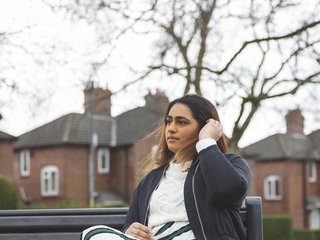
Information for young adults
Young adults with blood cancer share tips and advice on side effects, friendships, work, study and lots more.

